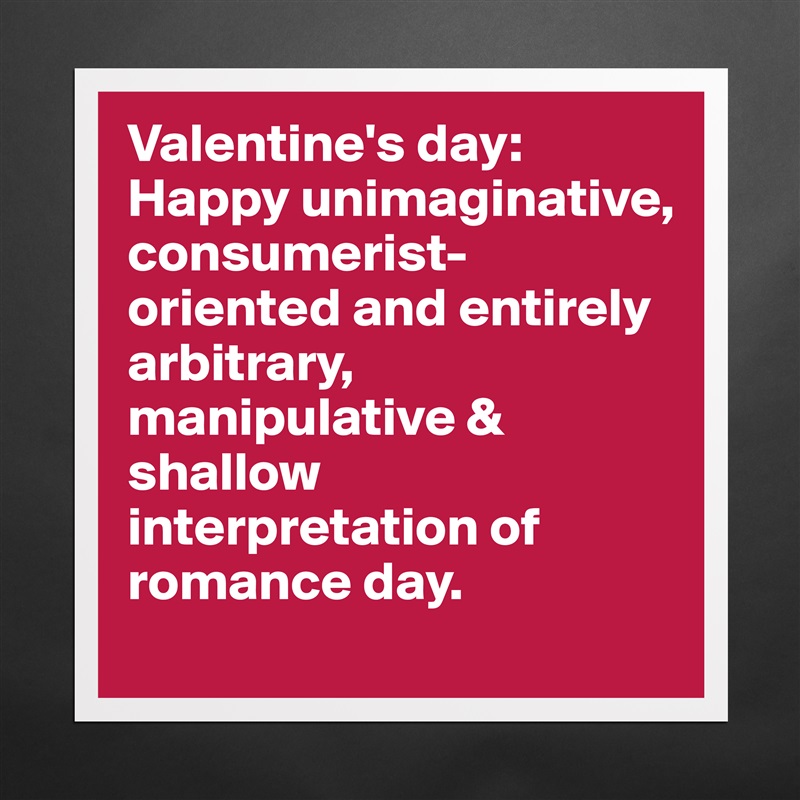By Polina Pallieraki,
The long-awaited day for couples, all over the universe, is about to come. But really, how did the “Latin” Valentine’s Day enter our society, how did it evolve, and what does it mean for humans today?
Without having to make a big review of this capitalistic holiday, we must say that the Catholic Church recognized the holiday, because Valentine, in 270 AD, testified to his faith during the persecutions unleashed by Emperor Claudius II against Christians. He was sentenced to death for marrying couples, consolidating, and spreading the Christian faith. The setting of the date “coincided” with the widespread pagan fertility festival, which was celebrated on February 15th during the pre-Christian time.
Since then, wherever it has spread, from Western Europe to the New World (America), Valentine’s Day has been an opportunity for couples and lovers alike to express their desires and needs with greeting cards and flowers. All this until the beginning of the 20th century, when in the capitalistic United States of America, some marketing “junkies” thought of reinforcing this trend by spreading it and adapting it to the commands of the consumer market.
But let us speak about our homeland — Greece. It would be a wonder if Valentine had not “visited” Greece. And that is because it “arrived” at the right time. It was somewhere in the mid-80s when the Greek business world properly prepared the Greek man and woman, in order, under the dictates of consumerism, but also overconsumption (in the next few years), to find an occurrence for a person in love, once a year, to empty their pockets.
The reactions of the Christian Orthodox Church did not bring any result, as progressive as they were. Since the symbolism of the day had quickly passed into the habits of the people of the time, Orthodoxy, also, had to adapt. The Christian Orthodox Church tried, but quite unsuccessfully. The dates of the celebration of Agios Yakinthos on July 3rd, or of Agios Akilas and Priscilla on February 13th (for calendar proximity), were chosen, but the outcome was not successful.

For over 20 years, couples all over Greece, but in many other countries as well, have had the opportunity to express, each in their own way, the feelings they felt, draining not only their ideas, but also their pockets. Be that as it may, one certain thing is that the owners of flower shops, gift shops, restaurants, etc., are especially waiting for Valentine’s Day (most of the time, from the beginning of February) to make huge profits (professional and personal profits), apart from the whole eroticism of the day and their turnover.
However, even for those who are not in love, the 14th of February awakens feelings that may be “asleep”. It brings back memories of old loves and puts a lot of people in the mating process. Yes, it is not bad for someone to be mobilized to fall in love, even with artificial means.
But the days we live in are not the same as in the past, and one of the first things that the people born in the ’10s begin to perceive is that many of their habits should have converted. This day may be refreshing and make them want to offer something special to their loved one, but now overconsumption “died” for a great part of our society, which no longer even has the necessary for a decent living.
At this time, Valentine’s Day seems like an unnecessary —for many— provocative holiday. The solution is not its “eradication”, but its adaptation to these orders, of the new era. After all, is it possible for a person to stop falling in love? For people with such strong reactions and feelings for many moments of their lives, it is almost unthinkable not to fall in love. Even in “dark” times, the experiences and songs of the folk tradition that praise love, and affection for an androgynous are widespread.
In the permissible measures of the time, and under the “movement is what counts”, we can all become less demanding on this day. Using the —clinically admittedly— expression “I did not expect Valentine to celebrate”, February 14th may cease to be another motive for wasting the very important —unfortunately— money for our daily lives.
References
- How Consumers Spend Their Money on Valentine’s Day, chainofdemand.co, Available here
- History of Valentine’s Day, history.com, Available here




